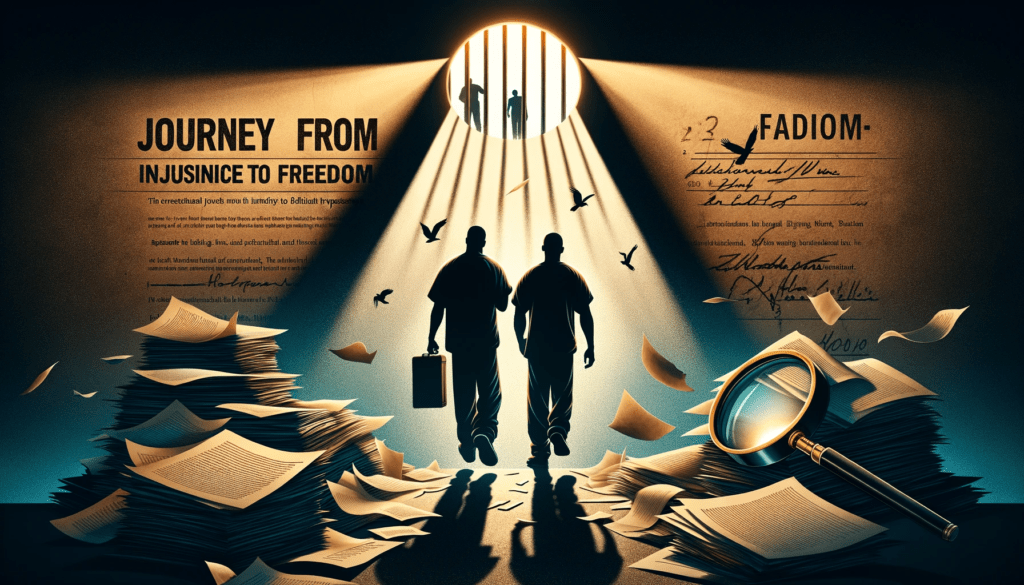
By Darius Spearman (africanelements)
Support African Elements at patreon.com/africanelements and hear recent news in a single playlist, plus get early access to ad-free video content.
In a dramatic turn of events, Clifford Williams Jr. and his nephew Nathan Myers achieved exoneration in 2019, ending their wrongful 42-year imprisonment for a murder they did not commit. This case, unfolding in Jacksonville, Florida, starkly illuminates the justice system’s failures and the enduring strength of those who fight for the truth.
In 1976, a single testimony sealed their fate. Nina Marshall, the sole survivor of a shooting that killed Jeanette Williams (no relation to Clifford), accused Williams and Myers of the crime. She claimed the men attacked them from the foot of the bed in her home. However, investigators found evidence suggesting the shots came from outside through the bedroom window, contradicting Marshall’s account (Death Penalty Information Center).
Despite the presence of 40 alibi witnesses at a nearby party, who could confirm Williams and Myers’ absence from the crime scene, their trial in 1976 did not include this crucial testimony. The jury, after a two-day trial, convicted both men, led astray by the lack of defense and the heavy reliance on Marshall’s flawed testimony (EJI).
“The physical evidence from the crime scene, which was never presented to the jury, contradicted Nina’s testimony.” – Innocence Project of Florida.
The Conviction Integrity Unit, established by State Attorney Melissa Nelson, played a pivotal role in their exoneration. This unit, after reviewing the case, exposed significant flaws in the original trial, including eyewitness misidentification and ineffective assistance of counsel (Wikipedia).
The exoneration of Clifford Williams and Nathan Myers is more than just a legal victory; it’s a symbol of resilience against a flawed system. Their story is a sobering reminder of the importance of diligence and integrity in the pursuit of justice. It calls for ongoing reform and vigilance within the criminal justice system to prevent such miscarriages of justice in the future.
About the author:
Darius Spearman is a Professor of Black Studies at San Diego City College, where he has been pursuing his love of teaching since 2007. He is the author of several books, including Between The Color Lines: A History of African Americans on the California Frontier Through 1890. You can visit Darius online at africanelements.org
